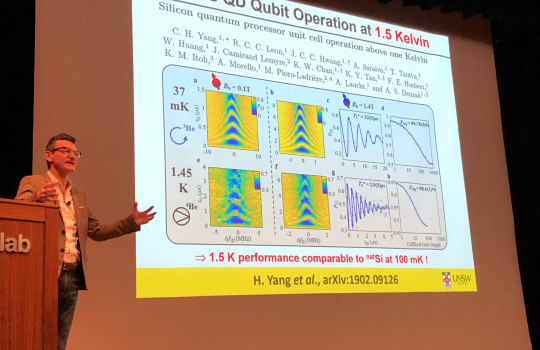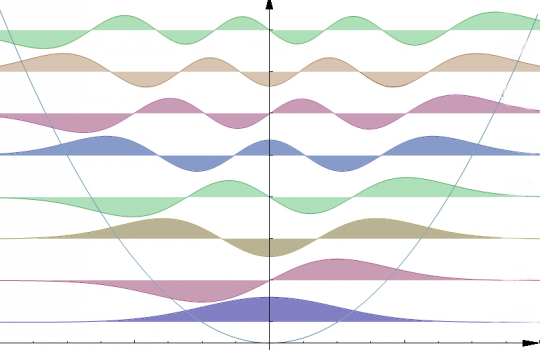Shaping the technology transforming our society
In November, the Chicago Quantum Exchange held a workshop about ethics and societal impacts of artificial intelligence and quantum computing technologies. Participants from a wide variety of academic backgrounds, from physicists to sociologists, discussed the implications of technology on society and vice versa and identified critical steps scientists need to take so technology is developed and implemented ethically and responsibly.







